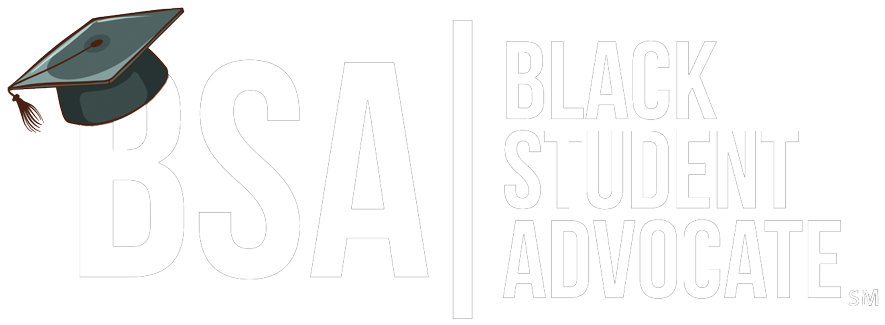Discrimination against immigrants in schools is a pressing issue that deserves attention and action. Unfortunately, many students who are immigrants or come from immigrant families face various forms of discrimination daily. Discrimination can take many forms, such as language barriers, cultural misunderstandings, and prejudice. Black immigrant students face unique challenges that are often overlooked. The Black Student Advocate Network (BSAN) is working to address these issues and create a more inclusive and equitable school environment. In this article, we will explore the challenges black immigrant students face and the impact of discrimination on their educational experience. We will also discuss the critical work The Black Student Advocate Network is doing to support these students.
Discrimination against immigrants in schools can severely affect students’ academic success and mental health. According to a National Foundation for American Policy report, immigrant students are more likely to drop out of school than their non-immigrant peers. This is partly due to their obstacles, such as language barriers, lack of cultural understanding, and discrimination. Discrimination can take many forms, including verbal abuse, bullying, and exclusion.
Black immigrant students face unique challenges that are often overlooked. They must navigate both anti-blackness and xenophobia, which can lead to feelings of isolation and alienation. Black immigrant students may also struggle with cultural identity, as they are often not entirely accepted by their African-American or immigrant communities.
The Black Student Advocate Network is working to address these issues and create a more inclusive and equitable school environment. The organization provides a safe space for black immigrant students to share their experiences and find support. The Black Student Advocate Network also advocates for policy changes addressing the unique challenges black immigrant students face, such as providing teachers with language support and cultural sensitivity training.
In addition to the challenges black immigrant students face, they also bring unique strengths and perspectives to the classroom. Many black immigrant students are multilingual, which can be a valuable asset in an increasingly globalized world. Black immigrant students also bring diverse cultural experiences and perspectives that can enrich the learning environment for all students.
Despite these strengths, black immigrant students often do not receive the support they need to succeed in school. The lack of support can lead to feelings of isolation and disengagement from the educational system. Schools and educators must recognize the unique challenges black immigrant students face and take steps to create a more inclusive and equitable learning environment.
One way to address the challenges black immigrant students face is through culturally responsive teaching. Culturally responsive teaching recognizes students’ cultural backgrounds and incorporates them into the curriculum. This approach can help black immigrant students feel more connected to the classroom and can improve their academic performance. Culturally responsive teaching can benefit all students by promoting cross-cultural understanding and respect.
Another way to support black immigrant students is through mentorship programs. Mentorship programs can give black immigrant students positive role models and support networks. Mentors can help students navigate school challenges and provide guidance on college and career opportunities. Mentorship programs can also help students develop a sense of belonging and connection to their school and community.
Finally, it is crucial to provide language support for black immigrant students. Our black immigrant students are English language learners and may struggle to understand the curriculum in English. Language support, such as bilingual instruction or translation services, can help these students succeed academically and feel more included in the classroom.
In conclusion, discrimination against immigrants in schools is a severe problem that must be addressed. Black immigrant students face unique challenges that require specific attention and action. The Black Student Advocate Network is doing critical work to support these students and create a more inclusive and equitable school environment. It is up to all of us to support their efforts and ensure that every student, regardless of their background, has access to a quality education. By recognizing the challenges black immigrant students face and taking steps to address them, we can create a more just and equitable society for all.







Share This Page